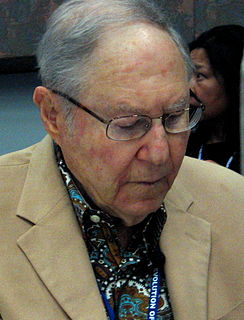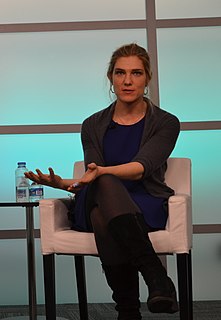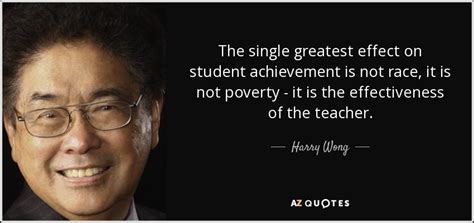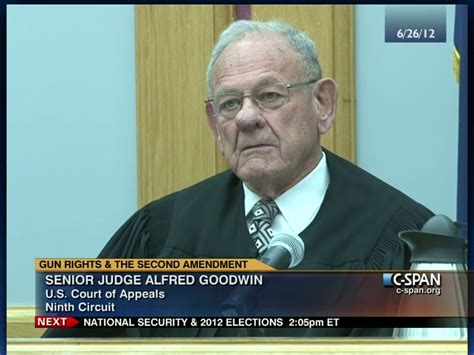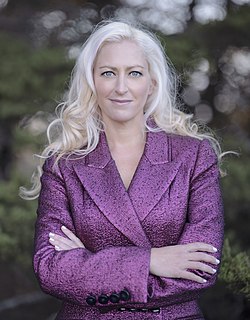A Quote by William Glasser
What students lack in school is an intellectual relationship or conversation with the teacher.
Quote Topics
Related Quotes
As a former high school teacher and a student in a class of 60 urchins at St. Brigid's grammar school, I know that education is all about discipline and motivation. Disadvantaged students need extra attention, a stable school environment, and enough teacher creativity to stimulate their imaginations. Those things are not expensive.
I was born 50 years after slavery, in 1913. I was allowed to read. My mother, who was a teacher, taught me when I was a very young child. The first school I attended was a small building that went from first to sixth grade. There was one teacher for all of the students. There could be anywhere from 50 to 60 students of all different ages.
You know, students who major in elementary education - they're going to be grade school teachers - they have the highest rates of math anxiety of any college major. And they bring that into the classroom. So you find students being introduced to math concepts by teachers who may have not only a lack of training but also a lack of enthusiasm about math.
[Not enough is known about solid geometry] and for two reasons: in the first place, no government places value on it; this leads to a lack of energy in the pursuit of it, and it is difficult. In the second place, students cannot learn it unless they have a teacher. But then a teacher can hardly be found.
Many couples have never had a conversation about sexuality and sexual boundaries. The presence or lack of sex, the quality of it, the satisfaction and dissatisfaction, the unmet needs. An affair upsets the status quo by not only bringing the subject of sexuality to the forefront but every other aspect of their relationship as well. An affair yields conversation that should have happened in the beginning, but that people were afraid to have because, well, what would that mean about their relationship?
Public education for some time has been heavily focused on what curricula we believe will be helpful to students. Life-Enriching Education is based on the premise that the relationship between teachers and students, the relationships of students with one another, and the relationships of students to what they are learning are equally important in preparing students for the future.
